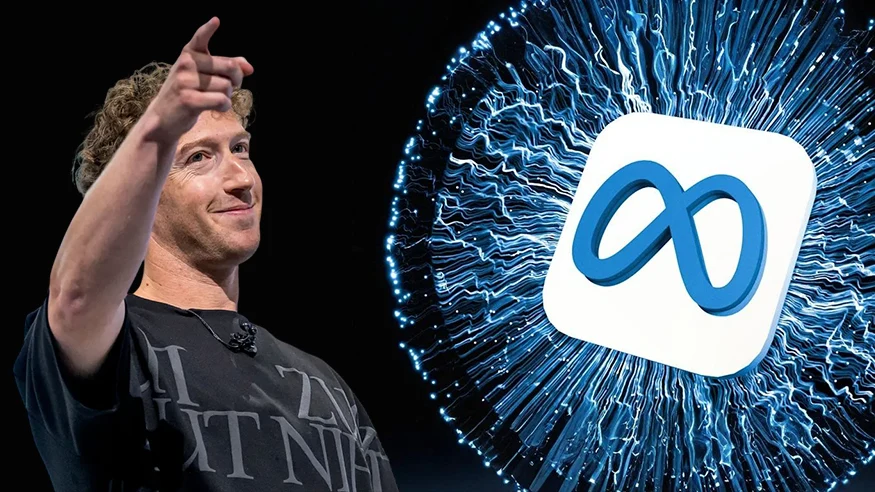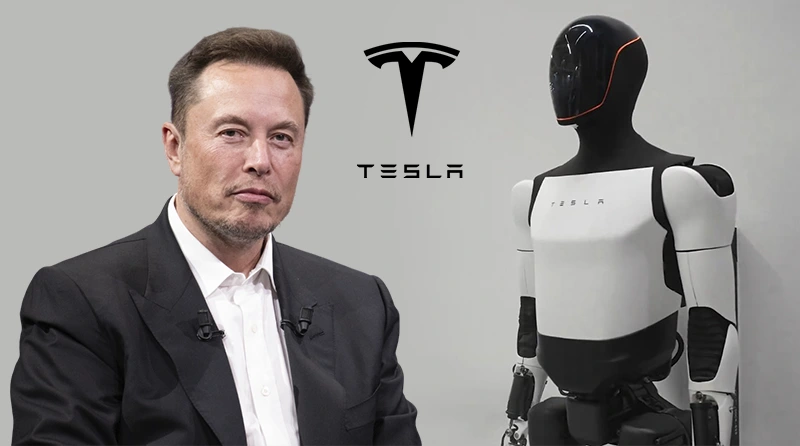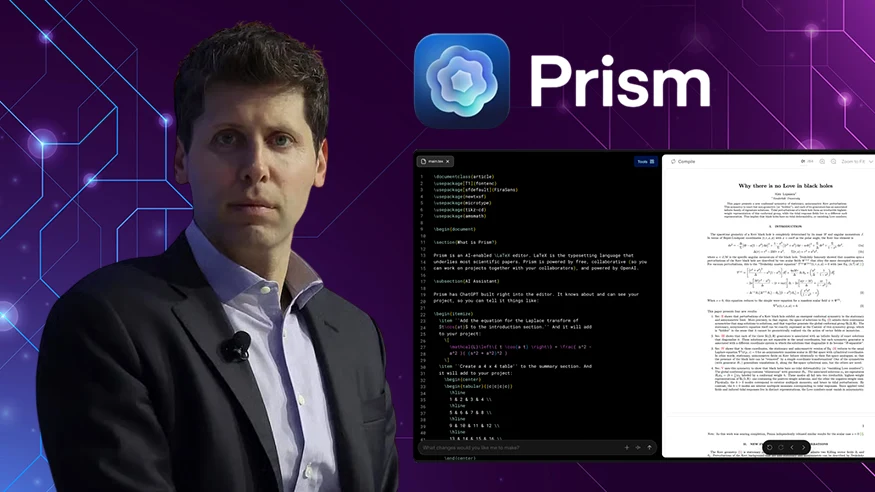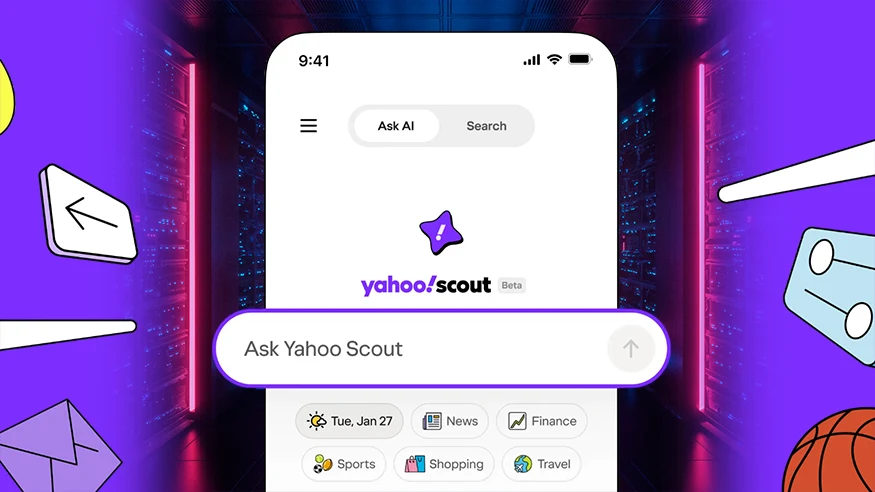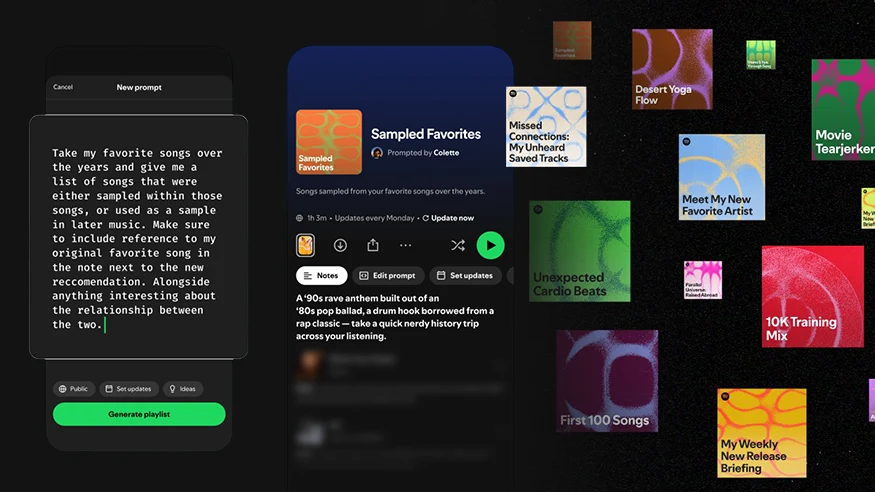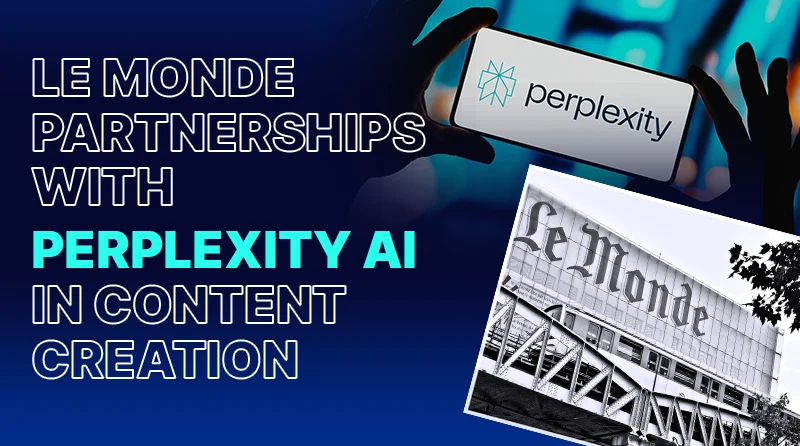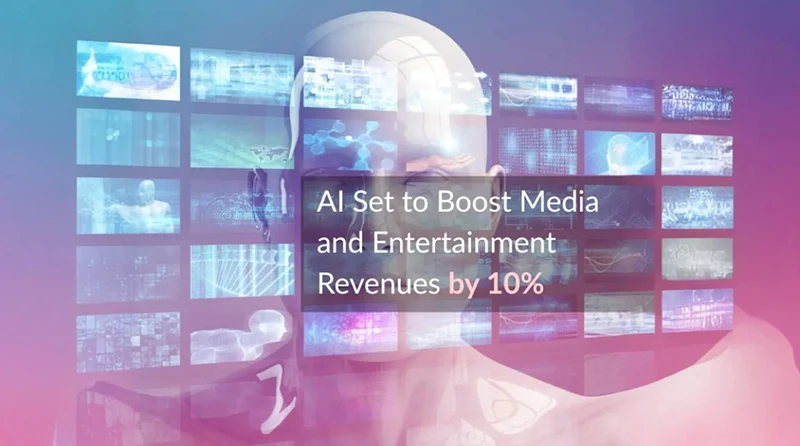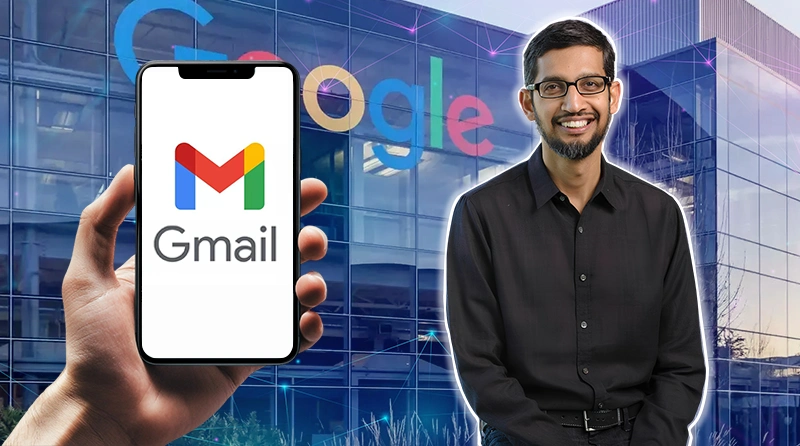How AI May be Shutting US Computer Science Graduates Out of Entry-level Jobs

Just a decade ago, Brad Smith, Senior Executive at Microsoft, shared that computer science graduates around the world can undoubtedly get six-figure salaries tied with generous hiring bonuses, along with stock grants straight out of college. The pitch given by billionaires, US presidents, tech executives, and recorded by The New York Times in 2012 gave a straightforward message to all: Learn to code, and a secure career awaits you.
However, it’s not too long since that statement and situations have begun to seem contradictory. The growth of AI tools that can generate as well as debug the code within seconds has reshaped the scenario for entry-level tech beginners. The already observable layoffs from tech giants like Amazon, Meta, Intel, and Microsoft are undoubtedly leaving the fresh computer science graduates with low confidence regarding their careers.
Is It Over for Tech Graduates and Beginners
The trend gained pace in 2010 when every political leader, tech expert, and billionaire signaled the marvellous opportunities open for the computer science graduates that would not only strengthen the individual job prospects but would also contribute to the national economy.
Universities began to increase seats for computer science programs to meet the demand while the number of graduates majoring in these subjects doubled between 2014 and 2024 in the USA, according to the Computer Research Association.
However, when we look at the current data from the Federal Reserve Bank of New York, the unemployment rates among the fresh batches of computer science graduates have been 6.1% which is double the rate of art history majors and biology. At the same time, the computer engineering passouts are facing even higher unemployment rates of 7.5%.
Jeff Forbes, a former program director for computer science education at the National Science Foundation, told The New York Times that tech graduates could fight off offers from the top firms. On the contrary, those same graduates are now struggling to land any random job at all.
Reshaped Hiring Process- A catalyst to unemployment
According to Matthew Martin, a senior economist at Oxford Economics, the challenge doesn’t lie merely in the shortage of hiring, but the hiring process has also been revolutionized. Most of the entry-level hiring processes have now been automated, where an AI system scans resumes and even rejects candidates even before they can move towards a human interaction.
Graduates are also using AI to tailor their resumes and submit their applications. Instead of a solution, this is now creating a loop where candidates use AI to apply for a job and employers use AI to reject the candidates. According to the reports from The New York Times, many students receive rejection within minutes of application submission.
Words from the Graduates
Manasi Mishra, a graduate from Purdue University, shared with The New York Times that she applied for tech jobs for more than a year and managed to receive only one interview offer, from Chipotle. On the other hand, Oregon State graduate Zach Taylor sent around 5,762 job applications, which were all rejected. Similarly, Audrey Roller, a graduate from Clark University, received the rejection email within 3 minutes of application.
These kinds of scenarios are undoubtedly draining the minds and hard work of many tech graduates. The ones who once believed a graduate degree to be the key to their safe and prosperous future are now facing a huge survival crisis in the job market.
Now Shifting Towards AI
Most of the companies are now moving towards artificial intelligence. For example, Microsoft has announced $4 billion for AI training initiatives. Similarly, national policies are also now focused on training students for AI-related roles, which provides little relief to the graduates.
As the new time unfolds with AI, the message is changing from “Learn to Code” to “Learn to work alongside AI, understand its benefits and limitations, and prepare for a career where entry-level jobs are not your core goal”.
However, the way AI is reshaping the tech roles in the market is still evolving. While the first chapter is signaling towards the vanishing entry-level jobs for tech-related roles, others are still being unveiled.



